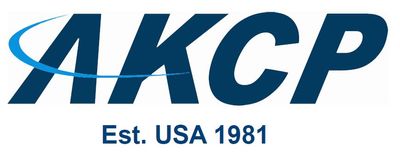

AKCP articles
The quest for energy-efficient data centers has been getting stronger every year. As computing power gets better, and more organizations and enterprises go online, data centers have to accommodate massive data more than ever. The increase of data to process also means more energy to power these centers. This phenomenon has propelled companies to develop and run more energy-efficient data centers.
One way of measuring data centers’ energy efficiency, according to
How NFPA 110 can help you plan your hospital backup power system
NFPA 110 provides guidelines for the performance of emergency and standby power systems. It is a requirement for hospitals to provide Emergency Power Supply Systems (EPSS). These supply independent power for critical life support systems and infrastructure. Its intent is to ensure ma
Data centers located in the USA consume around 90 billion Kilowatt-hours of electricity a year. Globally, data centers account for around 3% of the worlds total energy consumption. At the current rate of data center expansion this is set to double every 4 years! If we use Moores law, transistors get faster, doubling in speed every 24 months. Using this logic, compares should be eight times faster than they were 12 years ago. But this isn’t the case, which is partly fueling the growth of
“Power when you need it” Remote generator monitoring system ensures your backup power systems are always at the ready when called upon.
What is a Remote Generator Monitoring System?
A device that connects to your generator and via supplied sensors, or utilizing sensors already installed on the generator, monitors the status and health. Communication between the generator and the monitoring system is typically over Modbus RS485 connectio
To save energy, some data centers are enclosed in special cases where cold and hot air do not mix. This is called the cold aisle containment. These specialized containments are normal in most hyperscale data centers, and even some smaller ones. They help cool heat-intense servers without consuming too much additional electricity.
This is especially important in hot places like the Middle East. One of the companies in this region taking advantage of the cold aisle is Saudi Aramco, the
